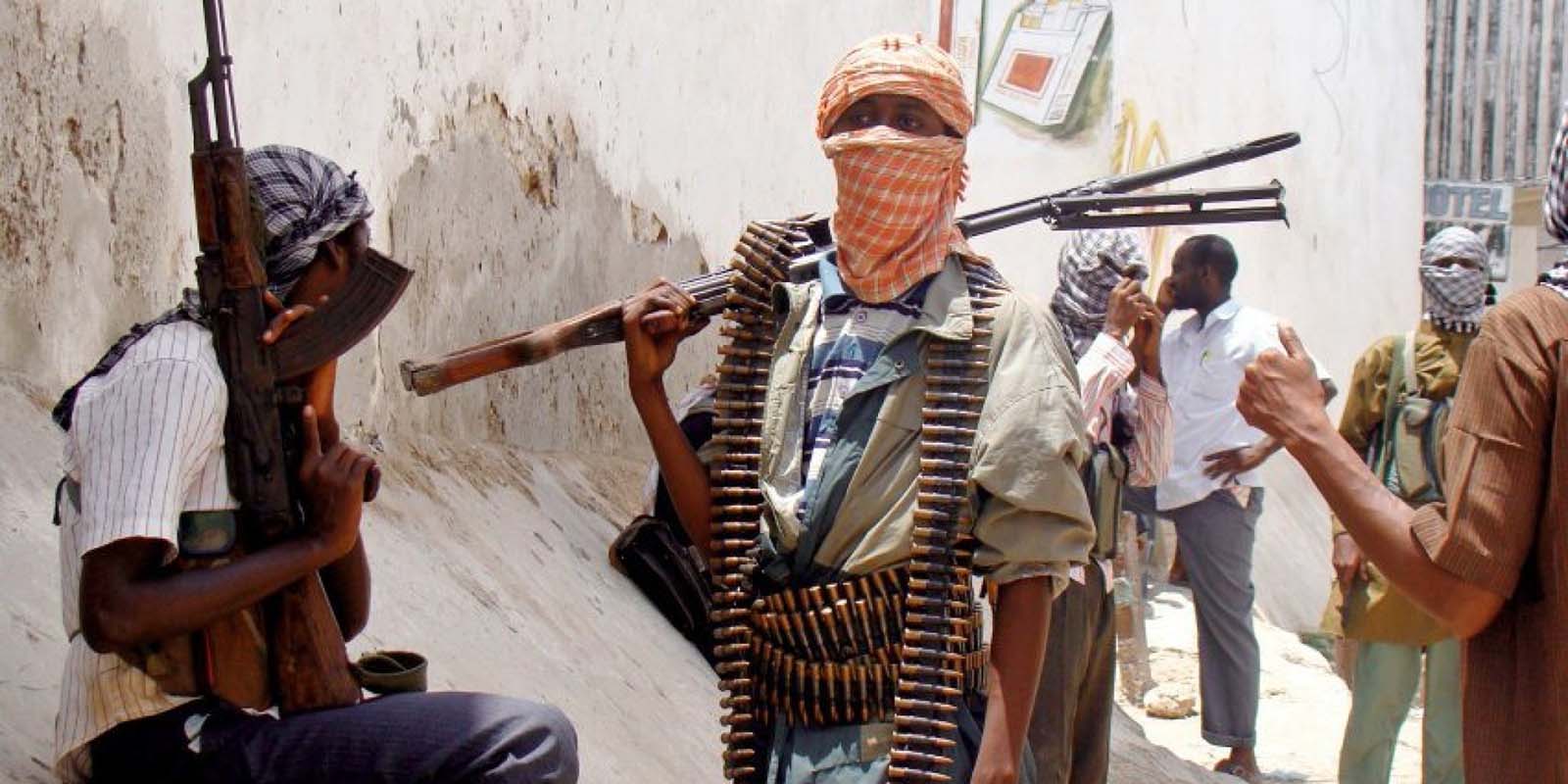A report by the United States Institute of Peace has given reasons why the Boko Haram terrorist group has been able to recruit many Nigerian youths.
According to the author of the special report, ‘Why Do Youth Join Boko Haram’, Freedom Onuoha, the ongoing insurgency was “a national, regional and international concern”.
Onuoha is the Head of the Department of Conflict, Peacekeeping and Humanitarian Studies at the Centre for Strategic Research and Studies of Nigeria’s National Defence College in Abuja
In his twelve page report published in June, Onuoha stated that the terrorist group had been able to recruit young men because of the little or lack of basic knowledge of what the Qur’an teaches.
He said: “The reasons a young boy agrees to spy on police may be completely different to the reasons other members abduct two hundred schoolgirls. The boy who carries out a suicide bombing at a police station certainly has different motivations to the one who makes a little money helping the organisation out.”
Touching on the role religion plays their recruitment as Boko Haram members he said, “Ignorance of religious teaching opposed to violence makes youth more vulnerable and susceptible to recruitment. In all the states surveyed, there is unanimity that initial ignorance of religious teaching is the leading factor influencing the adoption of extreme religious views, especially among youth.
“The lack of deep knowledge of true religious teaching is partly related to three observable dangerous trends in the recent practice of religion in Nigeria: the proliferation of sects in both Islam and Christianity, the proliferation of independent preachers in both religions, and the increasing reliance on preachers rather than on the holy books themselves.”
According to the author of the commissioned report, young people are very vulnerable to recruitment and radicalisation by independent and roaming preachers, extremist groups, and religious ideologues, who often distort religious injunctions.
In a survey quoted in the report, 93.2 per cent of respondents in Borno state were of the view that ignorance of the full teaching of their religion influenced young people’s adoption of extreme religious views. In Kano and Sokoto states, 90 per cent and 82 per cent of respondents, respectively, believed that ignorance of the full teaching of their religions is a factor that influences the adoption of extreme religious views by young people in the community.
The Governor of Borno State, Kashim Shettima, also gave credence to this observation when he said recently that “distorted translation of the Holy Book by the insurgents landed us in this mess. If we have had good understanding of Islam, we would have been in a better place.
“There is no room for extremism in Islam. We need to go back to Islam as practised by Prophet Muhammad, when Islam encouraged Muslims, Jews, and Christians to live in peace with one another.”
In some cases, the report said, some roaming preachers claiming to be Islamic scholars deceived impressionable youths who were radicalised in the training camps of the terrorist groups through distorted interpretation of the Qur’an.
In addition to religious ignorance, the report identified unemployment and poverty as making northern young men vulnerable to radicalisation.
The report said, “Figures from Nigeria’s National Bureau of Statistics show that the country’s unemployment rate in 2006 averaged 14.60 per cent until 2011, when it reached an all-time high of 23.90 per cent.
“NBS figures released in early 2013 revealed that, despite favourable economic growth and performance, Nigeria’s poverty rate jumped from 54.7 percent in 2004 to 60.9 percent in 2010. In 2011, 100 million Nigerians lived in absolute poverty and 12.6 million more were moderately poor. The worst hit by these afflictions are young people, especially in northern Nigeria.”
It added that incidence of unemployment in Borno and Kaduna states were high.
The report further noted that: “In Borno and Kaduna states, survey respondents identified the high incidence of unemployment and poverty that prevail in the state as the second most important reason why youth engage in religious-based violence.
“In Kaduna state, 83 percent of respondents reported that unemployment and poverty are important factors. In Kano, 92 percent cited them as important.
“This is not to argue that unemployment and poverty are direct causes of youth radicalisation; rather, privation and other frustrating conditions of life render youth highly vulnerable to manipulation by extremist ideologues.”







